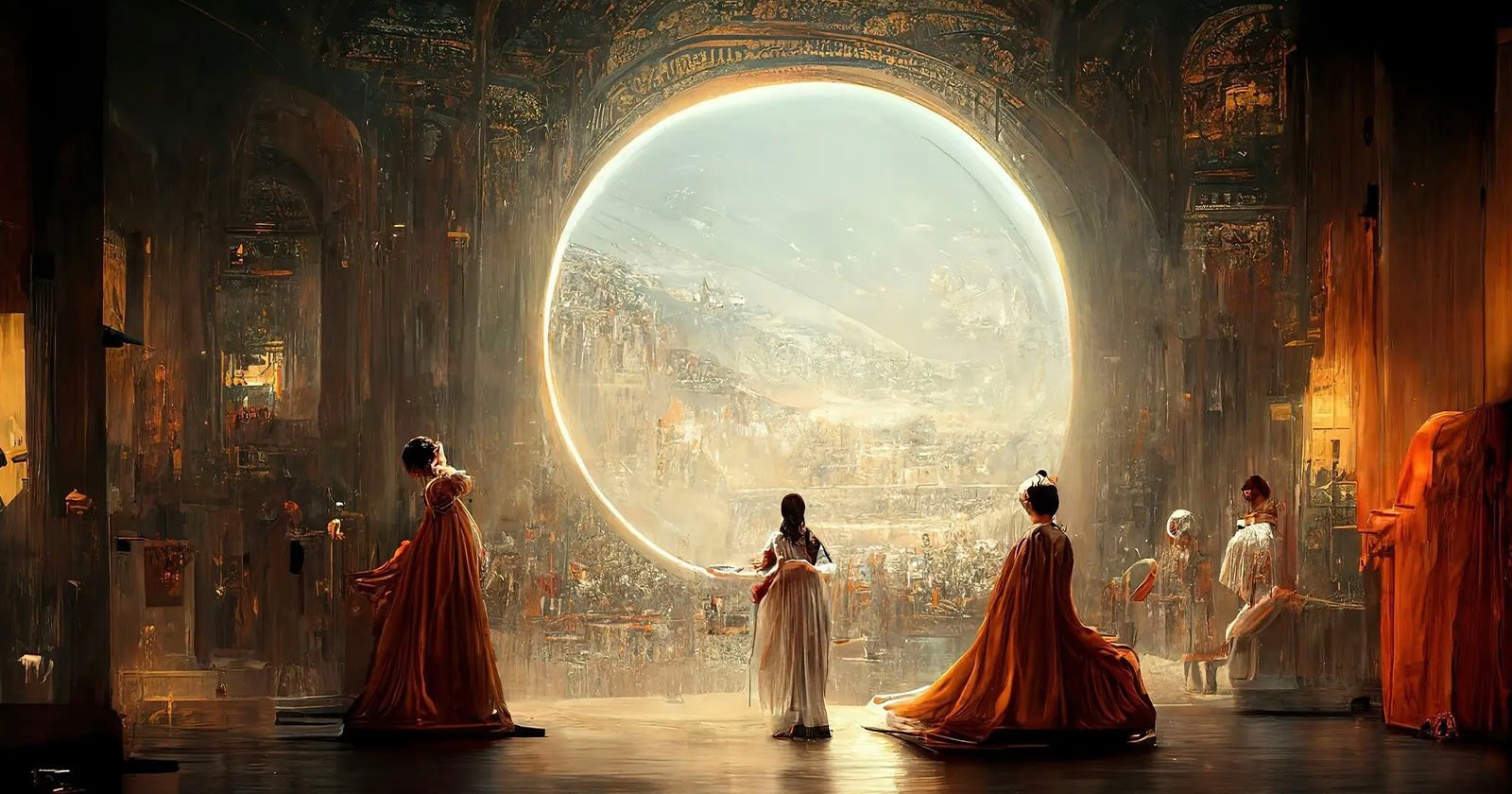An artist who infamously duped an art contest with an AI image is suing the U.S. Copyright Office over its refusal to register the image’s copyright.
In the lawsuit, Jason M. Allen asks a Colorado federal court to reverse the Copyright Office’s decision on his artwork Theatre D’opera Spatialbecause it was an expression of his creativity.
Reuters says the Copyright Office refused to comment on the case while Allen in a statement complains that the office’s decision “put me in a terrible position, with no recourse against others who are blatantly and repeatedly stealing my work.”



deleted by creator
It’s a bit more nuanced than that, because a human can still develop artistic skills by observing non-artistic creations beforehand.
For instance, the world’s very first artist probably didn’t have any paintings or sculptures to build off.
I’m not saying I necessarily agree that the person isn’t an artist because they rely on external training data, but generative AI models most certainly need to observe other works to ‘learn’ how to make art, whereas humans don’t necessarily have to. (Although if someone were to make a reinforcement learning model based on user feedback as a way to entirely generate better and better images starting from random variation, that would make the original training data point moot)
Human beings aren’t automatons.
deleted by creator
are you suggesting the ai itself owns the copyright?